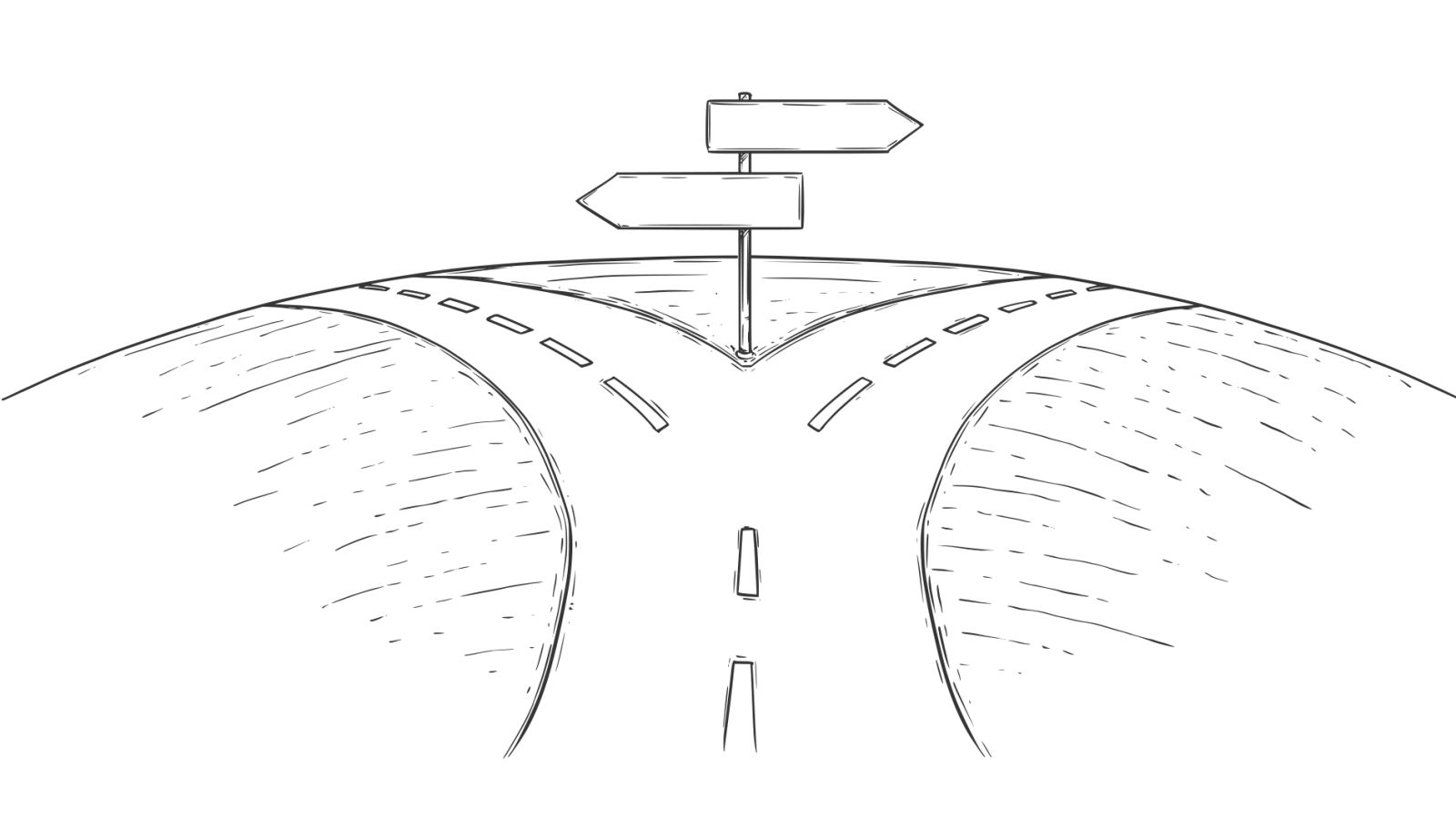Until When Will You Say: “Know May Allāh Have Mercy Upon You?”
Al-ʿAllāmah Muḥammad Amān al-Jāmī


Al-Shaykh al-ʿAllāmah Muḥammad Amān al-Jāmī (may Allāh have mercy upon him) was asked: A student of knowledge asks how should he seek knowledge, how should he study the books that he is studying and how should he stick to the scholars?
Whoever desires to seek knowledge should totally turn away from all manifestations of political incitement and they should start by memorizing the smaller books. They should begin with the three fundamental principles and they should pay no attention to the rabble rousers who say: “Until when will we say: ‘Know may Allāh have mercy upon you?’ Will you say this until you die?
Answer
In summary, the smaller students of knowledge in this era have unfortunately been preoccupied; they have been preoccupied with siyāsah (politics) and they do not know the meaning of siyāsah. On many occasions, the students approach me at my chair when I get ready to leave, here, in Rīyaḍh and in Kharj, and I expect them to ask me knowledge related questions and surprisingly they ask me concerning political incitement (against the ruler), groups and ideologies.1 They have become preoccupied.
Whoever desires to seek knowledge should totally turn away from all manifestations of political incitement and they should start by memorizing the smaller books. They should begin with the three fundamental principles and they should pay no attention to the rabble rousers who say: “Until when will we say: ‘Know may Allāh have mercy upon you?’ Will you say this until you die?”2
When you die and you are in the grave you will be asked about that which you once used to mock: Who is your Lord? What is your religion? Who is your Prophet? You ridiculed this when you were living and you will be asked about that which you ridiculed when you are in your grave. The first thing that you will be asked about, the first thing is that which is contained within the three fundamental principles.
Pay no attention to this detrimental political incitement and memorize this small booklet because it contains Tawḥīd, (legislated) rulings, the actualization of the statement of Tawḥīd (Lā ilāha illa Allāh), the nullifiers of Islām and the four principles. Memorize them like you memorize Fātiḥah. Then review it with the students of knowledge so that they can explain it for you so that you can understand (what you have memorized).
I am certain that a student of knowledge who has understood the three fundamental principles, if he was sent as a caller to a non-Arab country with the three fundamental principles he would be become like Ibn Taymīyyah (i.e. in the eyes of the people). This is something that has been noticed. If you memorized this text and understood it and you spent some time amongst the Africans and Asians, if you explained to them the three fundamental principles then there you would be like Ibn Taymīyyah.
But all praise is due to Allāh, their children in those places are now memorizing but they need someone to explain it to them. Therefore, do not allow them (i.e. the revolutionaries) and those who do not sincerely advise to cause you to waste this opportunity.
Memorize Kitāb al-Tawḥīd3, al-Bayqūniyyah4 and forty ḥadīth5, memorize these books. But here you have been preoccupied whereas the Muslim children in Pakistan, India and Africa are memorizing these books with precision. With these two ears of mine I listened to some of the African youth memorizing the three fundamental principles, Kashf al-Shubuhāt6, Kitāb al-Tawḥīd and forty ḥadīth.
I stood in the class and listened to them; they are memorizing these texts like (they have memorized) Fātiḥah. This is because this political incitement has not reached there and they are upon al-Fiṭrah (the pure disposition Allāh created them upon). I ask Allāh to preserve them from what has affected many of the youth. So memorize these texts, and then review them with the Mashāyikh and the students of knowledge. Then you can move on to more detailed works and then more detailed works. Start with the smaller affairs of knowledge until you reach the major affairs of knowledge- if this expression is correct.
This is how the one who desires to seek knowledge gradually advances; and he should never listen to the commotion transpiring around him. A person may say to himself: “Does this mean that you want us to isolate ourselves from the world we live and that we should not possess knowledge of current affairs?”
As for current affairs then listen to the radio and read the papers occasionally. Knowledge of the current affairs will come to you and you are walking down the street, you are in your car and you are in your house. Do not occupy (yourself with this) just learn (your religion). It is upon you (to seek) knowledge.
Benefits
-
- The people of the Sunnah are not overcome by their emotions.
- It shows the importance of studying the classical works of the scholars of Islām.
- The danger of mocking those who study and teach ʿaqīdah.
- Lessons can be learned from the mistakes made by those who severed their ties with the scholars of this ummah.
- It demonstrates the high regard that the scholars have for the three fundamental principles.
- The perils of wasting time by spending numerous hours following new fads and crazes to the detriment of your Islamic studies. An example of this in our time is facebook.
- Knowledge will not be attained with ease and comfort.
- Being consistent and patient with your studies.
- It highlights the trickery employed by the callers of misguidance to deceive the youth and divert them from learning the ʿaqīdah and manhaj of the rightly guided predecessors.
- Being firm upon these fundamental principles will prepare you for the inevitable test that we will face when we die. May Allāh make us firm in this life and the next.7
Endnotes:
- Shaykh Muḥammad Amān, in his answer to question 4, said: The people of the Sunnah who distanced themselves from political incitement and provocation against the rulers are (considered by these people) as flatterers and Government agents! This is surely a new approach. This is very unfortunate and we did not expect this type of idea to appear amongst our youth but it has happened. The reason why this appeared is because the callers to the truth were too lenient at the beginning of this affair when the rabble rousers started to become active in the ranks of the youth. The callers to the truth were negligent and they left the arena open for them. They had free reign to the extent that they corrupted many of the hearts of the youth and they were able to distance them from the scholars. They turned the youth against one another and designated for them different affiliations and ascriptions: Ikhwānī, Tablīghī, Surūrī and Taḥrīrī, affiliations and ascriptions that we were not accustomed to in this land (Saudi al-ʿArabīa) as this land was known for unity and Tawḥīd.
- The intent here is to belittle and knock those who teach and study the books of ʿaqīdah. With this statement they are referring specifically to the three fundamental principles, which starts with the sentence ‘Know may Allāh have mercy upon you’ after the basmalah. This is a coldly calculated deceptive plot as once the youth are isolated from the classical works of ʿaqīdah they are easy prey for the callers of misguidance to capture in the net of takfīr, rebellion, extremism, neo-liberalism, deviant groups and parties, innovations etc. They are like a tree with a weak foundation which can easily be uprooted any time the wind blows, and they have nothing to resort back to at confusing times except their emotions. This explains why some of them boldly stated that the books of ʿaqīdah are not suitable for our times because they only comprise of texts and rulings.
- Compiled by Shaykh al-Islām Muḥammad Ibn ʿAbd al Wahhāb (may Allāh have mercy upon him).
- This is a piece of remarkable poetry that addresses some of the fundamental concepts of the science of ḥadīth. There is a difference of opinion concerning the first name of al-Bayqūnī some of the people of knowledge state that it is Taha others claim ʿUmar, Allāh knows best. May Allāh have mercy upon him.
- Compiled by Imām al-Nawawī (may Allāh have mercy upon him).
- Compiled by Shaykh al-Islām Muḥammad Ibn ʿAbd al Wahhāb.
- Source: Al-Ajwibat adh-Dhabiyyah ‘Ala al-Asilah al-Manhajiyyah. Compiled and translated by: Abū ʿAbdillāh Ḥasan Ṣumālī
Most Popular: Last 30 Days

















